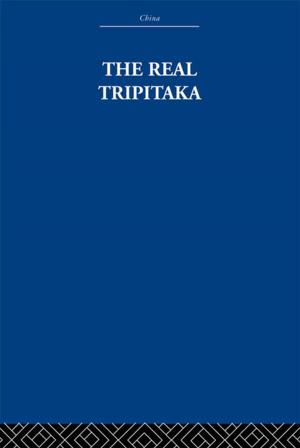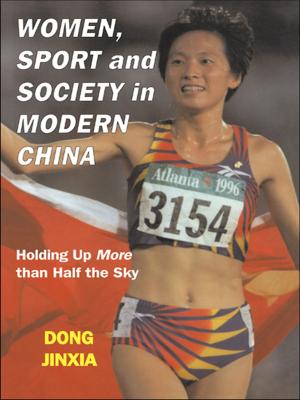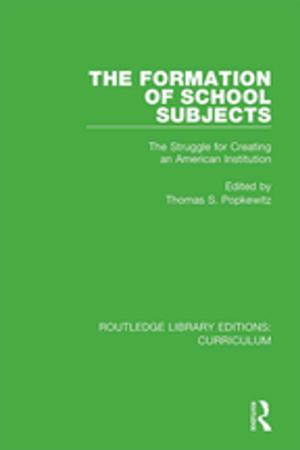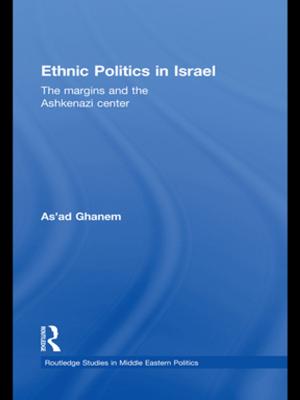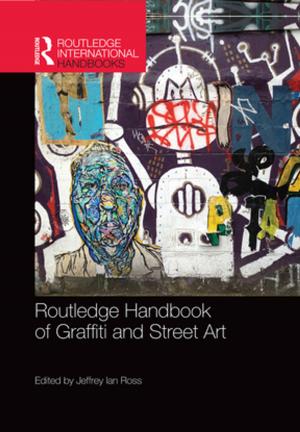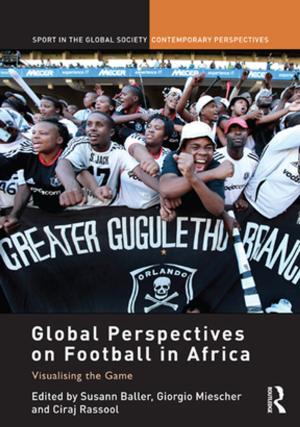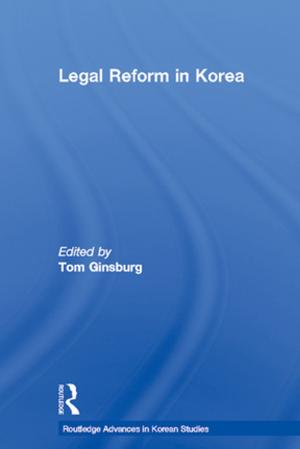New Constitutionalism in Latin America
Promises and Practices
Nonfiction, Social & Cultural Studies, Political Science| Author: | Almut Schilling-Vacaflor | ISBN: | 9781317088622 |
| Publisher: | Taylor and Francis | Publication: | April 29, 2016 |
| Imprint: | Routledge | Language: | English |
| Author: | Almut Schilling-Vacaflor |
| ISBN: | 9781317088622 |
| Publisher: | Taylor and Francis |
| Publication: | April 29, 2016 |
| Imprint: | Routledge |
| Language: | English |
Latin America has a long tradition of constitutional reform. Since the democratic transitions of the 1980s, most countries have amended their constitutions at least once, and some have even undergone constitutional reform several times. The global phenomenon of a new constitutionalism, with enhanced rights provisions, finds expression in the region, but the new constitutions, such as those of Bolivia, Colombia, Ecuador and Venezuela, also have some peculiar characteristics which are discussed in this important book. Authors from a number of different disciplines offer a general overview of constitutional reforms in Latin America since 1990. They explore the historical, philosophical and doctrinal differences between traditional and new constitutionalism in Latin America and examine sources of inspiration. The book also covers sociopolitical settings, which factors and actors are relevant for the reform process, and analyzes the constitutional practices after reform, including the question of whether the recent constitutional reforms created new post-liberal democracies with an enhanced human and social rights record, or whether they primarily serve the ambitions of new political leaders.
Latin America has a long tradition of constitutional reform. Since the democratic transitions of the 1980s, most countries have amended their constitutions at least once, and some have even undergone constitutional reform several times. The global phenomenon of a new constitutionalism, with enhanced rights provisions, finds expression in the region, but the new constitutions, such as those of Bolivia, Colombia, Ecuador and Venezuela, also have some peculiar characteristics which are discussed in this important book. Authors from a number of different disciplines offer a general overview of constitutional reforms in Latin America since 1990. They explore the historical, philosophical and doctrinal differences between traditional and new constitutionalism in Latin America and examine sources of inspiration. The book also covers sociopolitical settings, which factors and actors are relevant for the reform process, and analyzes the constitutional practices after reform, including the question of whether the recent constitutional reforms created new post-liberal democracies with an enhanced human and social rights record, or whether they primarily serve the ambitions of new political leaders.

